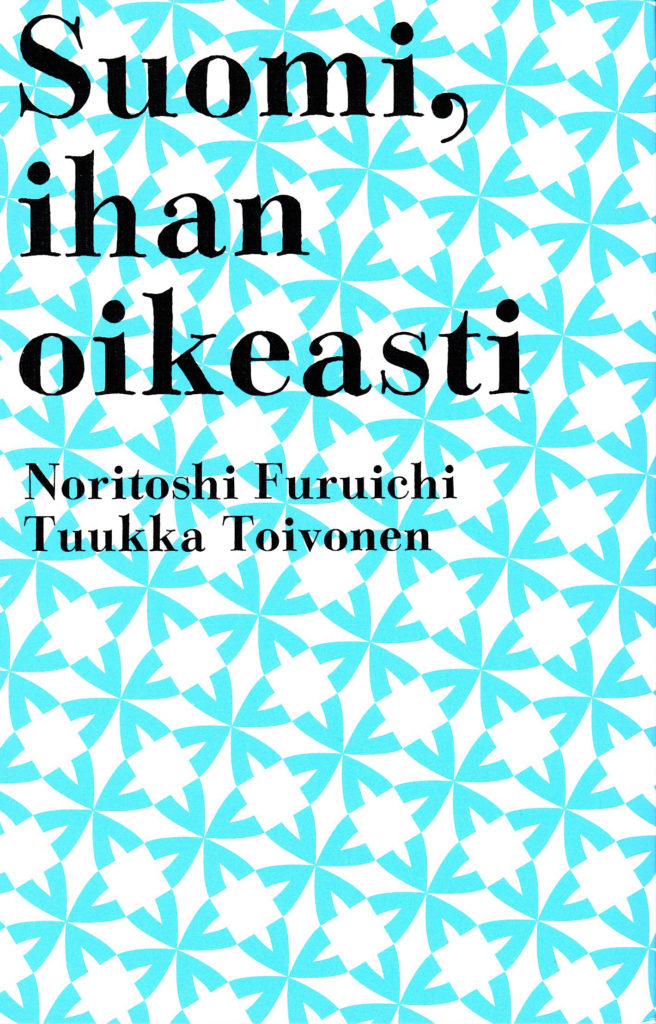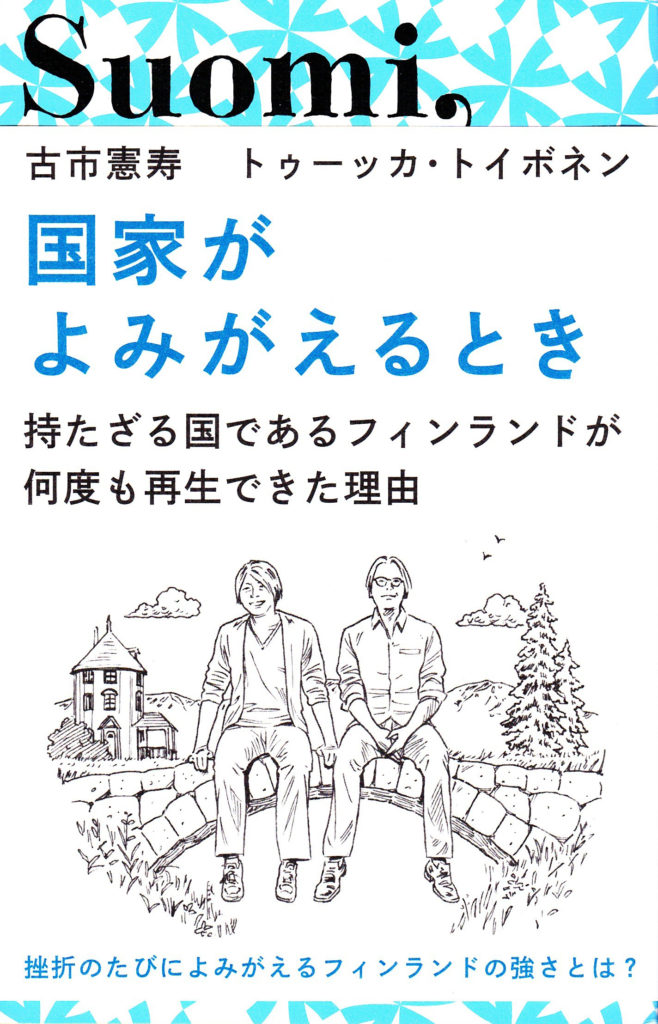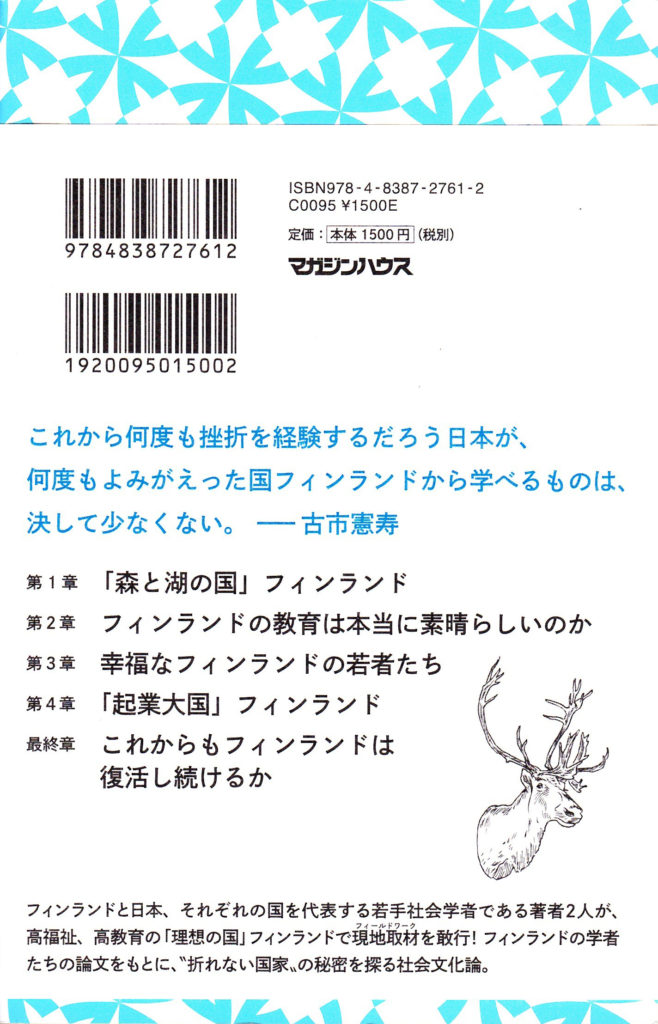Hollantilaisen KRO-NCRV -kanavan verkkolehti Brandpundt Plus julkaisi 02. pvä toukokuuta 2018 Markun kanssa englanniksi käydyn, hollanniksi käännetyn haastattelun. Pete Wun ja Hannah Vischerin “Dit kunnen we van het gelukkigste land ter wereld leren over levensvreugde” voi lukea hollanniksi heidän sivuiltaan.
Hollantia taitamattomille julkaisemme alla kysymykset ja niiden vastaukset myös englannin kielellä:
I spoke to Yukio Uchida, who wrote that the measuring of happiness should take into account cultural differences. What are the cultural elements that, would you say, defines Finnish happiness?
Though Finland is an individualistic country, industrialization began here later than in other Nordic countries. Finland was an agrarian country until the 1960’s, and carried traditional values that emphasized “home, religion, and country”. Thus happiness was either luck, providence, or the privileges of the wealthy. One of our greatest poets, Eino Leino (1878 – 1926), has played into the hearts of the older generations:
A Song of Joy
Whom joy possess, they ought their joys conceal,
Whom treasure have, they ought their treasures shield,
and be merry of the mirth of all their own
and enrich’d by these riches all alone.
No joy can ever suffer others’ gander.
Whom joy possess, to wilderness ought wander
and ought to live a-quiet, quiet living
and their happiness enjoyed quieted within.
Leino, Eino. ”Laulu onnesta”. In Hiihtäjän virsiä. 1900. Translated by Martti Ojanen.
Although times are changing, and Finns are reading books and articles on happiness, having past ideas remains common:
- Happiness belongs to fairy tales, songs, and poems, and not to real life
- Don’t talk about your personal happiness
- Finns cannot be happy
- Take life as it comes
Has the idea of happiness changed in the past decades?
There have been many changes. At first, happiness barely dared to take a peek from the closet; now it can open the door, and step into the daylight. In a study of mine, the majority of Finns thought that we can increase our happiness. (Those who had this opinion were happier than those who doubted it.)
However, I wonder how seriously happiness is generally being taken into account. Obviously people do read about happiness, but do these stories have any influence on their lives? Not much, I’m afraid. And perhaps there is ultimately no need, because Finns are actually happy. Lue lisää




